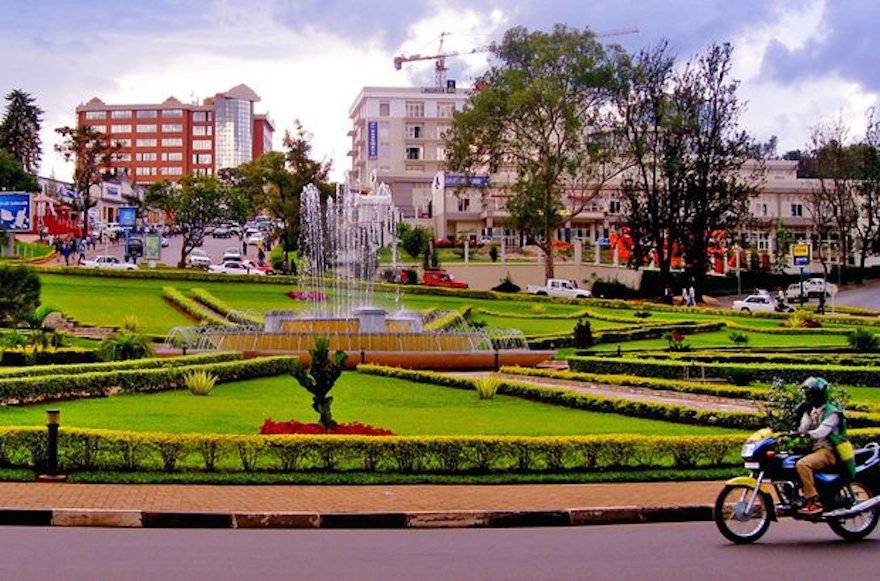Kigali, the capital of Rwanda, has earned the title of Africa’s cleanest city thanks to its unique combination of mandatory community cleaning efforts and cooperative initiatives. These measures have turned the city into a beacon of cleanliness, defying common stereotypes about large African cities being loud, overcrowded, and dirty.
The People Behind Kigali’s Clean Streets
For many, keeping Kigali clean is more than just a job—it’s a source of pride and livelihood. Zahara Nyiramajyambere, a street cleaner, starts her day at 4 a.m. to ensure the city stays spotless. “Kigali is very clean. I’m proud of my work,” she says.
Street cleaners like Nyiramajyambere are often part of private cooperatives, providing them with stable incomes and financial credibility. “Having this job gives me credibility. I can borrow money to feed my kids and pay it back later,” Nyiramajyambere explains. As a single parent with her husband in prison, her job offers her the support she otherwise wouldn’t have.
A Government-Led Transformation
After the 1994 genocide, Rwanda’s government prioritized rebuilding the nation with an emphasis on cleanliness and environmental protection. One of its boldest moves was banning plastic bags and educating citizens about waste management.
Before these efforts, improper waste disposal was common. “Citizens didn’t understand why they should pay for garbage collection. They would dump trash in trenches or on the streets,” recalls Valerie Mukamana, a local cleanliness leader.
Over time, the introduction of monthly cleaning fees and continuous awareness campaigns transformed attitudes. “People now understand the importance of cleanliness and sanitation. Their mindset has changed, and they’re proud of their clean environment,” Mukamana adds.
The Role of Umuganda: A Day for the Community
A key factor in Kigali’s cleanliness is Umuganda, a monthly day of community service. On the last Saturday of each month, the nation pauses for three hours to clean public spaces, clear bushes, and work together for the common good.
“During Umuganda, we clean our neighborhoods, fight mosquito-breeding areas, and make our homes look smart,” says business owner Anuarite Nyanzira.
Umuganda is about more than physical cleaning—it’s a symbol of solidarity and community. Residents use this time to discuss shared challenges and set goals, from planting trees to improving local infrastructure. “We need to protect our trees because they provide oxygen and improve air quality,” says Ildephonse Hategekimana, a local leader.
A Model for Other Cities
Kigali’s success in maintaining its cleanliness stems from a combination of government policies and community involvement. The plastic bag ban set a strong legal foundation, while initiatives like Umuganda brought people together to actively implement these policies.
As other cities across Africa struggle with waste management, Kigali stands as a shining example of what’s possible through collective effort and commitment. It’s not just about keeping streets clean—it’s about fostering a culture of responsibility, pride, and community.

